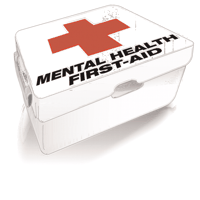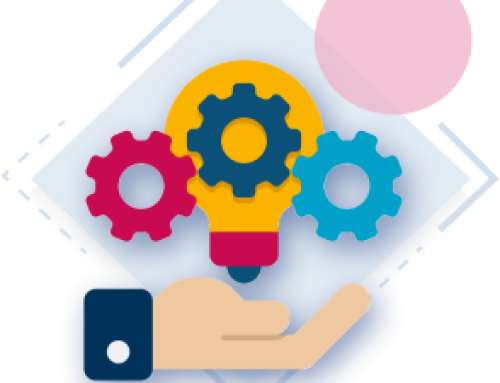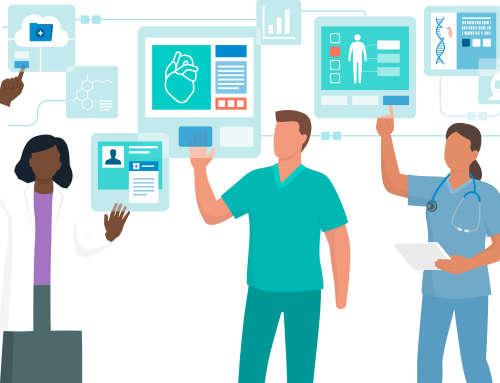When we think of first aid we may think of appropriate responses to physical injuries, like appropriate wound care, head trauma stabilization, or CPR. Most of us do not consider the option of first aid for mental health issues, and many more of us would not know where to begin. A groundbreaking initiative sponsored by the National Council for Community Behavioral Healthcare partnered with The Maryland Department of Health and Mental Hygiene, and the Missouri Department of Mental health is aiming to change this with the development of their “Mental Health First Aid” education and public awareness initiative.
According the the Mental Health First Aid Website:
First Aid For Mental Health
The program is directed at providing appropriate training in how to help someone who is having a mental health crisis, and focuses on both identification and intervention with training that teaches participants the following:
- The potential risk factors and warning signs for a range of mental health problems, including: depression, anxiety/trauma, psychosis, eating disorders, substance use disorders, and self-injury
- An understanding of the prevalence of various mental health disorders in the U.S. and the need for reduced stigma in the community
- A 5 step action plan encompassing the skills, resources and knowledge to assess the situation, to select and implement appropriate interventions, and to help the individual in crisis connect with appropriate professional care
- The evidence-based professional, peer, social, and self-help resources available to help someone with a mental health problem
Program Goal and Reach:
According to the developers, “Mental health First Aid USA envisions that Mental Health First Aid will become as common as CPR and First Aid training during the next decade.” Certainly with the Mental Health Parity and Addictions Equity Act, and along with other national initiatives that are driving the improvement, integration, and awareness of the state of Mental Health in the US, this program is on trend and serving to provide concrete education to bring about real change in intervention strategies for Mental Health issues. The program will be especially meaningful to a number of groups, such as law enforcement and emergency responders, who historically have been heavily involved in dealing with those who have a Mental Health issue, but the targeted training reach does not end there. Teachers, community advocates, social workers, and primary care professionals will all be able to benefit from the knowledge taught during the Mental Health First Aid courses. Policy makers, advocacy organizations, shelter workers, families, and the general public are also encouraged to attend a training.
What the Training Consists of:
Mental Health First Aid consists of a series of trainings provided via live or online sessions which are interactive in nature and typically lasts 12 hours. Most often the training is conducted as a seminar which delivers all of the training modules over a short span of time ranging from 1-3 days. The trainings can be tailored to meet the needs of a wide variety of audiences, and youth webinar trainings are also a featured option. Specifically attendees are guided through a First Aid Action Plan which consists of
- Assessing the risk of suicide or harm
- Listening nonjudgmentally
- Giving reassurance and information
- Encouraging individuals to seek appropriate professional help
- Encouraging proven self-help and other support strategies
For those looking to bring the training to their community, an Instructor Certification Program is offered. Certified Instructors complete a specialized five day course and must meet general criteria around knowledge of mental health/addictions and possess the ability to communicate and transfer knowledge effectively.
For full details on the MHFA training please visit:
Local and National Responses:
Thus far Mental Health First Aid (MHFA) is receiving overwhelmingly positive responses at both the local and national level. President Obama recently committed to calling for $20 million dollars in federal support to expand the program, and the organization has seen an uptick in interest which was prompted by the school shooting tragedy in Connecticut. Even without these drivers, MHFA has a history of expansion and acceptance. The program has been adopted and replicated in fourteen other countries to date, and detailed studies conducted which looked for efficacy markers have all had positive results.
According to a recent study which examined the MHFA training impact on the public it was found that:
- Those who received MHFA training had greater confidence in providing help to others
- Those who had received the MHFA training had a greater likelihood of advising people to see professional help
- Trainees improved concordance with health professionals about treatment
- Trainees had a decreased stigmatized attitude
BHM Healthcare Solutions understands the importance of integrating Behavioral Health and Primary Care, and sees Mental Health First Aid as a valuable tool for healthcare organizations and their staff. MHFA training is a proven training platform which has received verifiable positive results in studies, and is an excellent tool for nearly every healthcare professional who wants to become more educated regarding Mental Illness.
Valuable White Paper on Mental Health Parity Available Through BHM
For additional information on Mental Health Issues, or to receive a detailed white paper explaining Mental Health Parity click here: https://bhmpc.com/mental-health-parity/







